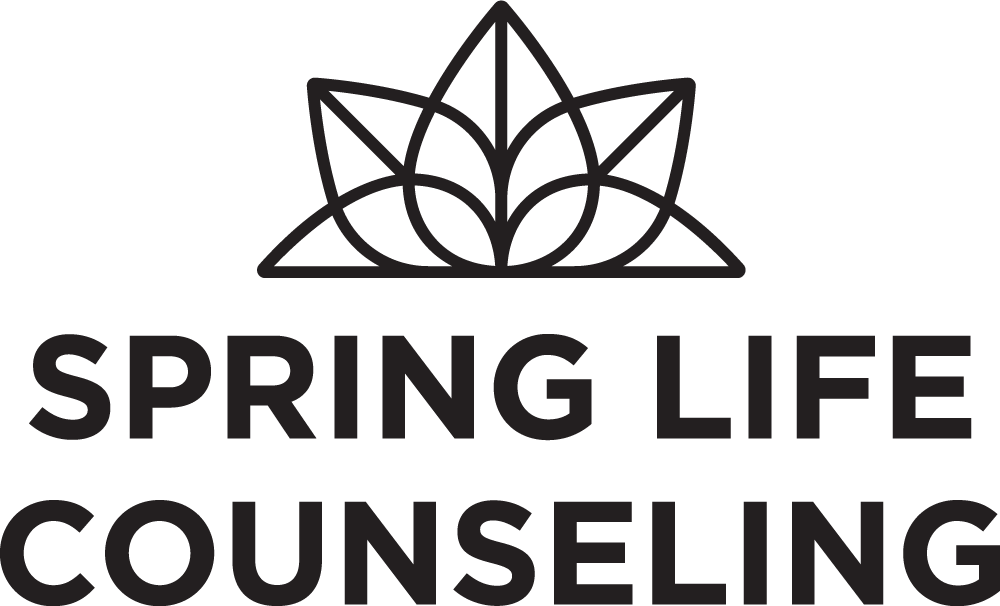Meaning Making
I do this thing when I arrive places that can drive my husband crazy: I just really enjoy the silence and stillness of the car being parked and the engine being off. It is soothing to me for some reason! This may be a little weird but it’s just something I like to do. Often I’ll check my e-mail, Facebook, Twitter, respond to a text, or just generally mess around on my phone.The other day I arrived at my destination (the gym) and rather than go in to start my work out, I sat in the parking lot, messing around on my phone and listening to this book from an app on my phone. I had my ignition turned on to “auxiliary” to keep the fan blowing so I wouldn’t get too hot.
Well…you can probably see where this is headed. I ended up sitting in there for quite some time (avoiding my workout) and eventually, my car died.
I was instantly upset with my car. I felt betrayed by it. The car I had before this one was a major headache towards the end, and I have been relishing my “drama-free” relationship with this new one for about six months.But in that moment, I turned on the new one, wrote it off, and resigned myself to the reality that I had bought a lemon and I was going to have to deal with the hassles that were likely to be lurking around the corner.I called my husband. I thought of all the people I could contact who were not at work and much closer. I considered flagging someone down in the parking lot for a jump. I started thinking about the money it would cost for me to get a new battery, if not a new alternator also. It was horrible. My husband, God love him, would say I went very “female” on the situation.I interpreted the situation negatively and let it confirm my past experiences. I lost hope and assigned the situation an overly negative meaning.I think we often do this with relationships, too. We quickly assign situations, conversations or disagreements a meaning that confirms our fears or past wounds. Then, our fears feel justified and we are confirmed right to have our guard up, or to brace ourselves for “the other shoe to drop.”“I knew they were going to let me down.” “I knew she wouldn’t take my hurt seriously.” “I knew I couldn’t ever count on him.” And on and on.
We have a tendency to interpret and assign meaning of things based on fears and hurts. In reality, an alternate explanation may be just as feasible. And we will be much happier people if we 1) look for alternate explanations and 2) confirm our explanations with the other person.The first requires a lot of creativity and healthy, balanced self-talk. It’s kind of an art. But it’s well worth the effort.The second requires some vulnerability but offers an opportunity for the relationship to be restored, turning a negative experience into a bonding one. “When you _________________, I felt _________________. Is that what you meant for me to feel?” It’s simple. It’s direct. It moves beyond hurt to healing.If we come back to the example of me vs. my car, we see things play out this way:1) Alternate explanations: I checked the time and had been taxing my battery with the vent on full blast and my phone charging (while using it) for about an hour. Additionally, after I left the car and went in for my work out, when I came back out, it actually cranked right up without a jump. Crisis averted. It just needed time to recharge after I drained it.2) “When you died on me, I felt really let down. Is that what you meant for me to feel?”
I believe that my car would graciously say, “No, dear owner. I did not want you to feel let down. I was just used up beyond my capacity and needed a break, and I didn’t have any other way to let you know.” Fair enough.So…needless to say, my car and I made up. I realized my initial interpretation or meaning that I assigned the situation was unfounded because 1) I was able to find alternate explanations that were more appropriate and 2) after expressing my disappointment, I received and was influenced by what the car had to say in return. The challenge here is to become more aware of the meanings we assign situations, look for alternate meanings that don’t simply confirm fears and hurts, and then be vulnerable in expressing our feelings so that the situation can move from a negative experience to a positive place of healing, resolution and restoration.
